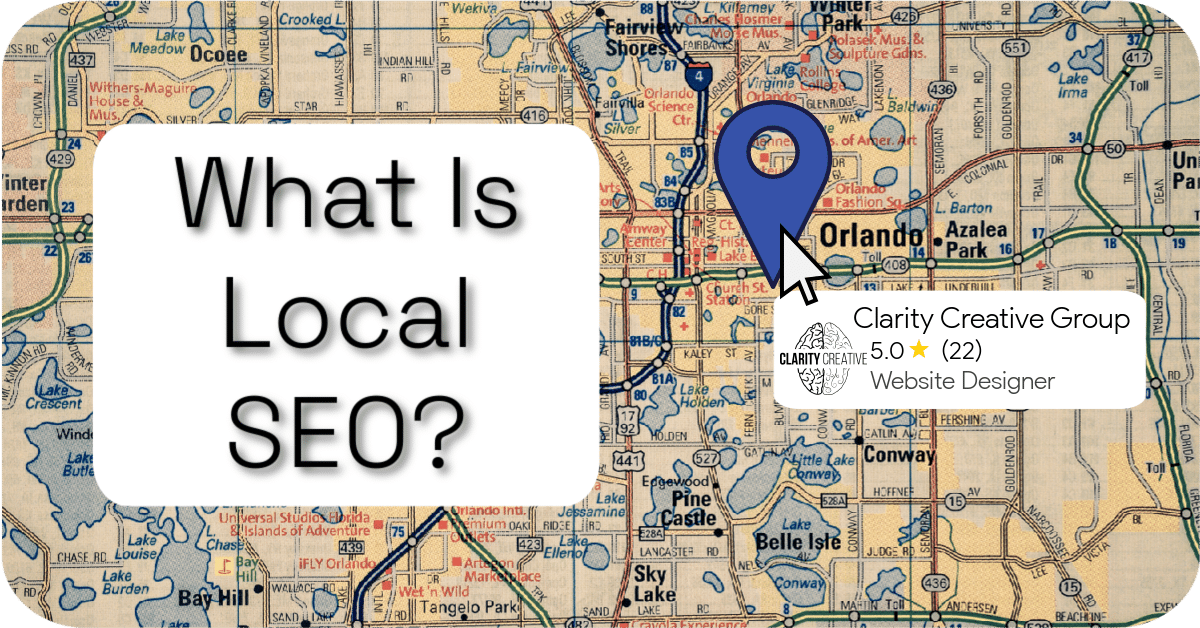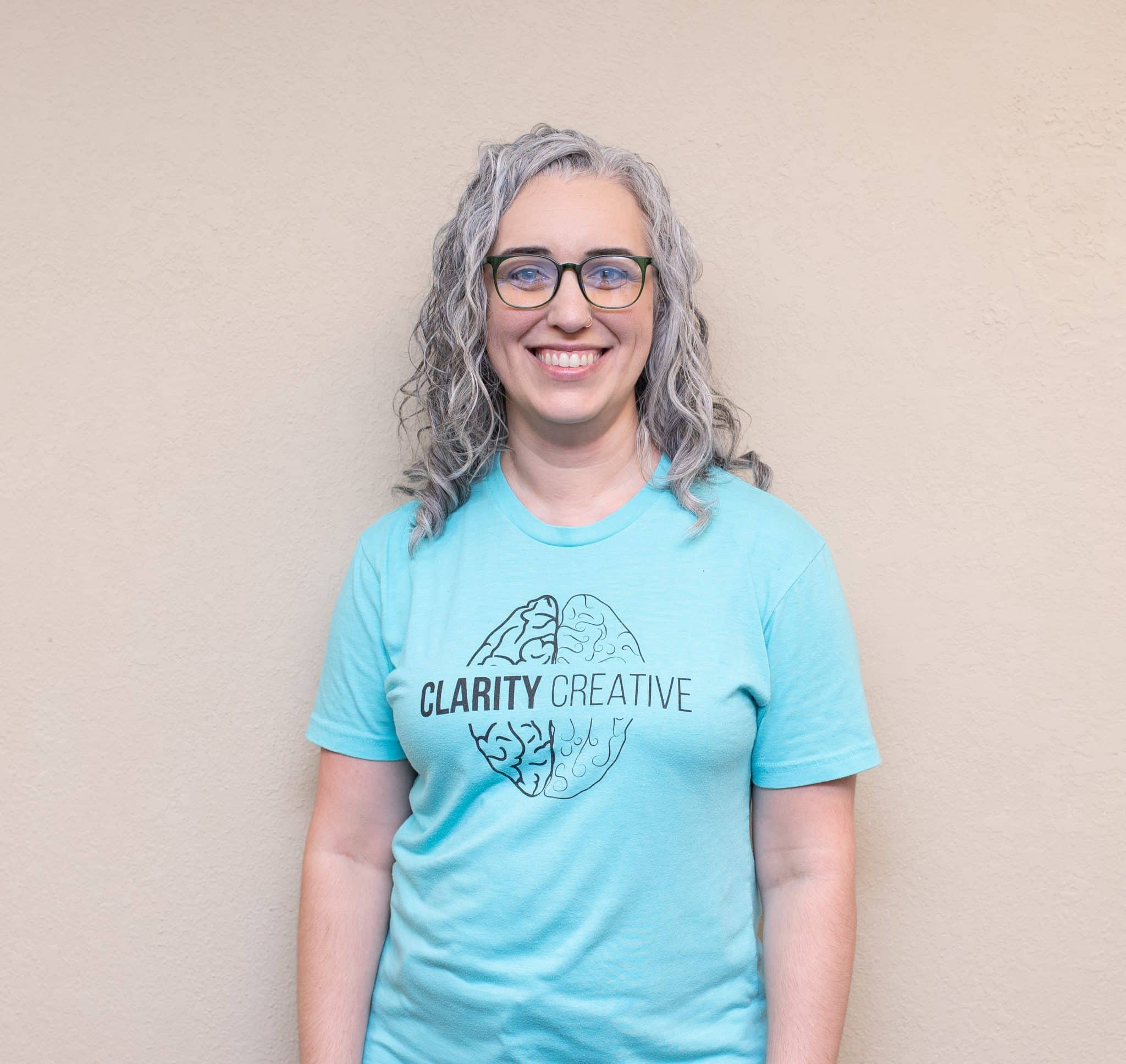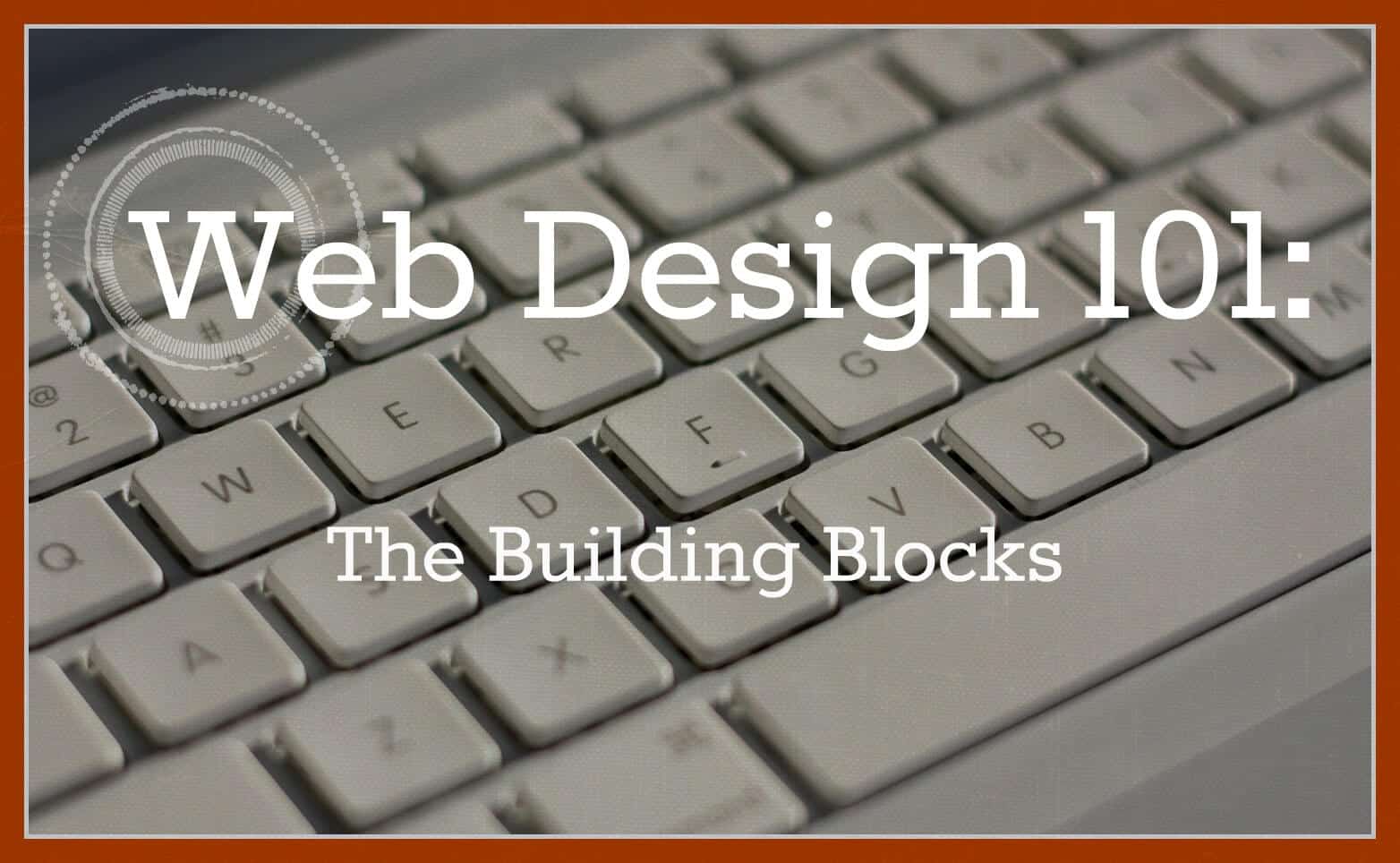Google searches the entire internet…you just want a small piece of that action.
Here’s how local seo can help.
Take a second to think about how huge the Internet is.
Even conservative estimates put the number of websites at 30 billion. That’s a lot of data.
And if you’re a small business owner, you might be concerned about how to stand out in a crowd that size. After all, if you’re a small town jeweler who’s just getting started, how can you possibly compete against businesses in New York’s Diamond District that have been operating since 1902?
The answer: Local SEO.
To best answer the question “what is local SEO?”, allow me to walk you through an illustration of it at work.
Say you’re on your lunch break and you’re really jonesing for an iced coffee to get you through the rest of your day. You take out your phone, type in “Starbucks”, and see that there’s one right around the corner.
A week later, you’re on vacation in New York City but really craving that sweet caffeine again. But when you search for Starbucks, Google doesn’t show you the one around the corner from the office, it shows you the Starbucks within a three minute walk of downtown Manhattan.
Have you ever stopped to think about how freakin’ cool that is?!
What Is Local SEO?
Search engine optimization (SEO) delivers the best search results for the topic people are searching for. Local SEO does that while also taking account of where they’re located. As a result, users get the most relevant results every time.
You probably see local SEO results every day. Google organizes search results in a specific order, and once you see how it’s done, you can’t unsee it.
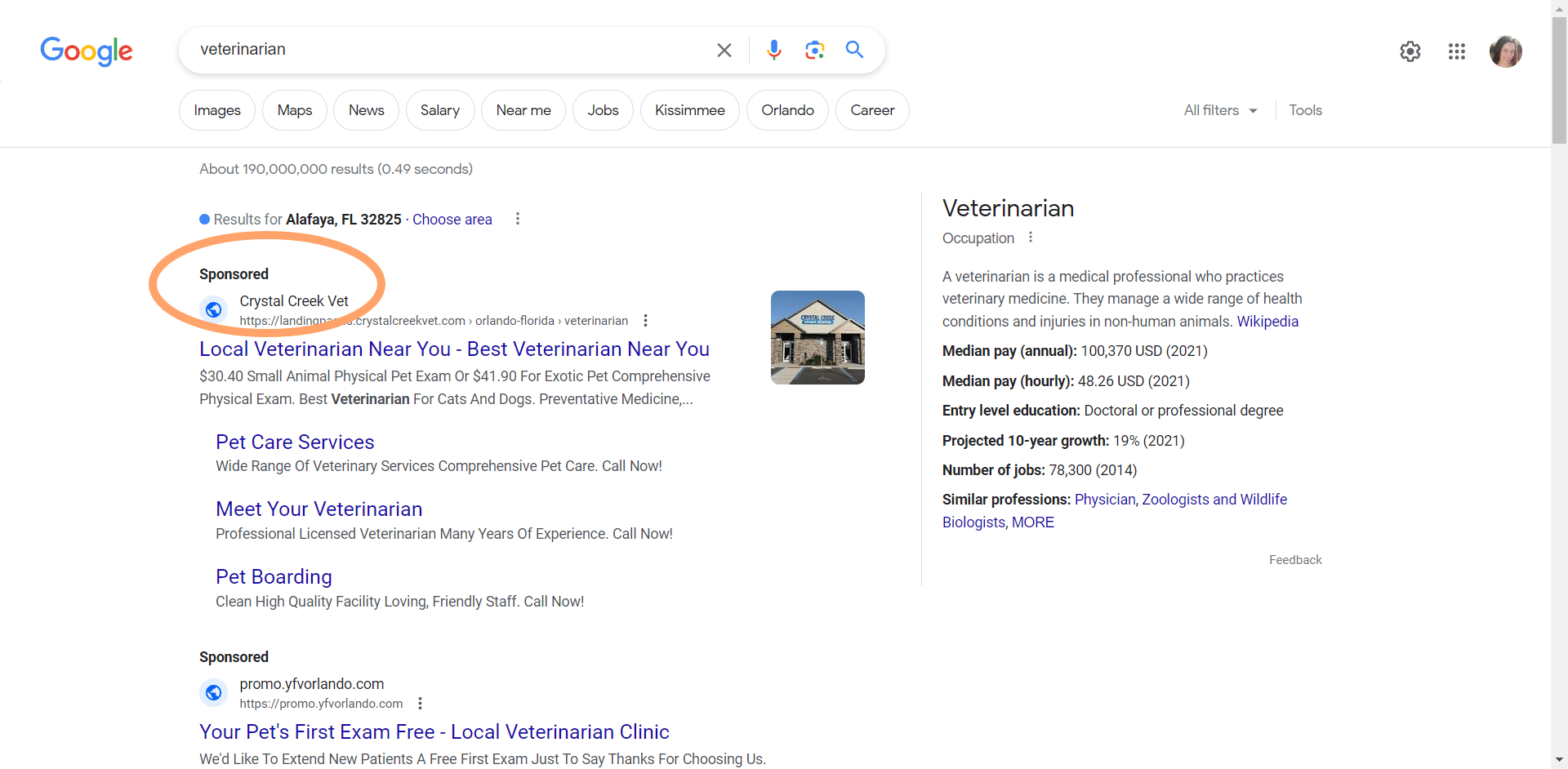
At the top of the page, you’ll see the Sponsored Results. This is where pay-per-click ads will show up.
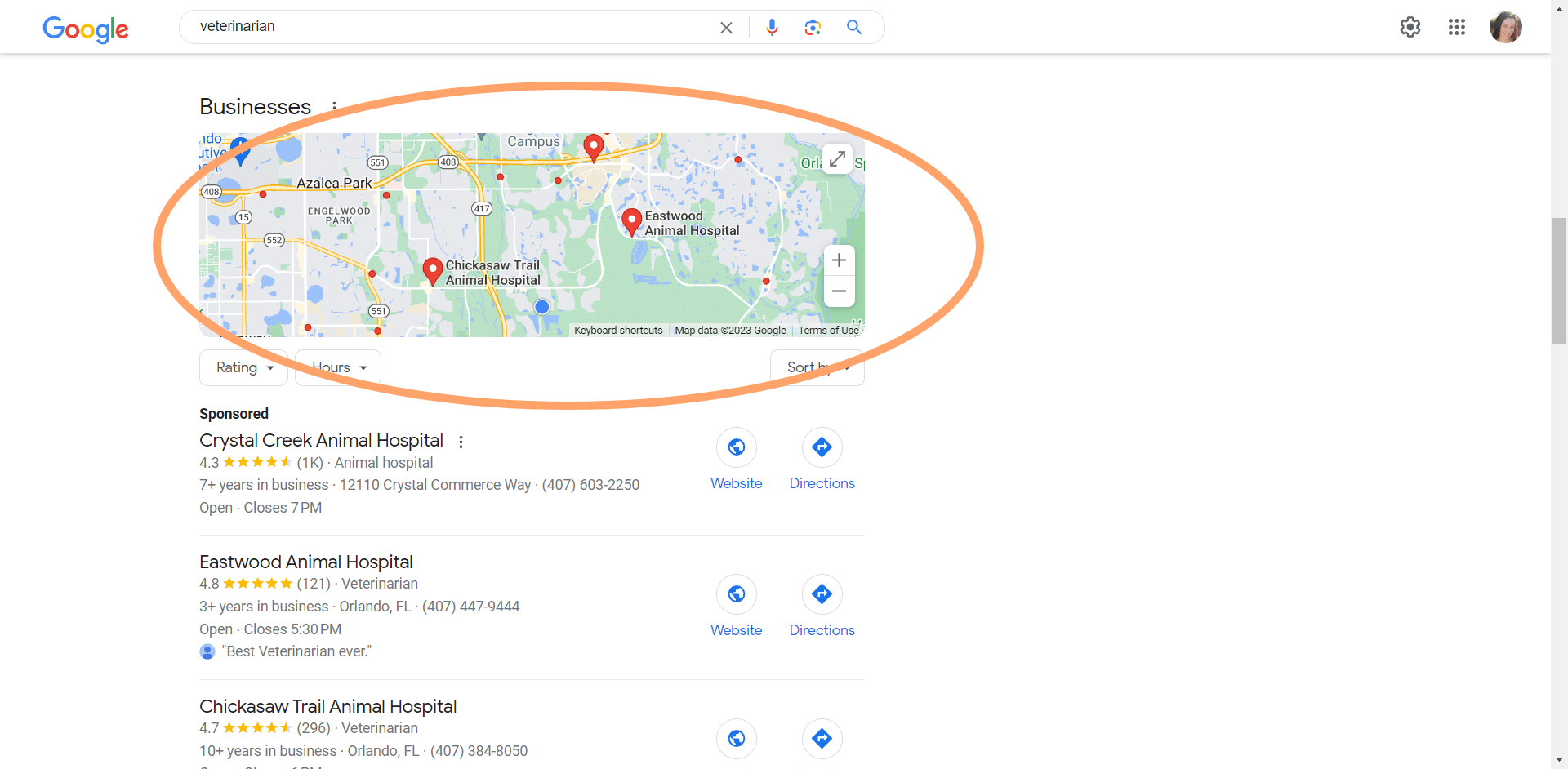
Beneath that, you’ll see the local SEO results, which display as a map and a list of businesses.
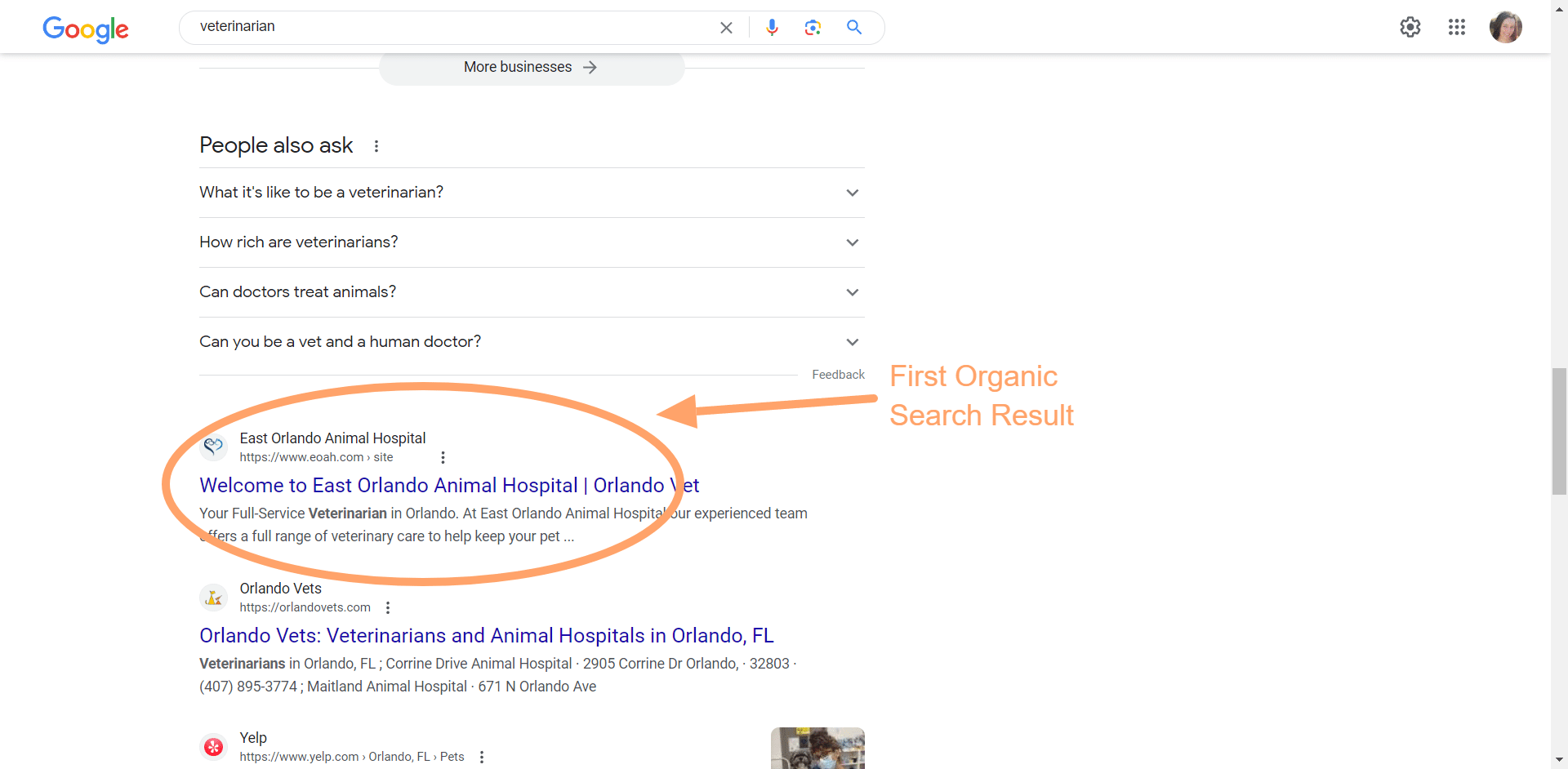
Next, you’ll see the “People Also Ask” section (also known as the zero results), and last but not least, you’ll see your organic search results.
I’ll be honest: if your business doesn’t operate within a specific geographic area, this probably won’t impact you that much. But if you have a physical location, need to travel to your clients’ homes, or can only legally operate within a certain radius, local SEO is your bread and butter.
How Does Local SEO Work?
If you read our blog post titled “Is SEO Worth It?” you already have a basic understanding of how search engine optimization (or SEO) works. (If you haven’t read it, pop over there for a minute. I’ll wait.)
Essentially, local SEO is simply the Google algorithm factoring physical location into its search results. But how does it do this?
Like most SEO-related processes, there are a million different factors that go into this, but the top three are proximity, relevance, and prominence.
1. Proximity
It should come as no surprise that your phone is tracking your location at all times. While this might sound really “Big Brother”, it’s one of the key things that makes local SEO work so well.
This is why you don’t have to add “near me” to any of your searches in order to get local results. But Google is also smart enough to know when you’re searching for something outside of your current location.
For example, you can type “ramen shop Los Angeles” and you’ll get results for Los Angeles rather than down the street.
2. Relevance
Google is the reigning champion of search engines because it has mastered the art of delivering relevant results.
If you ask for the “best pizza place NYC”, you’ll get results for highly rated restaurants. If you search for “vegan burgers”, you’ll find places with Beyond Meat on the menu.
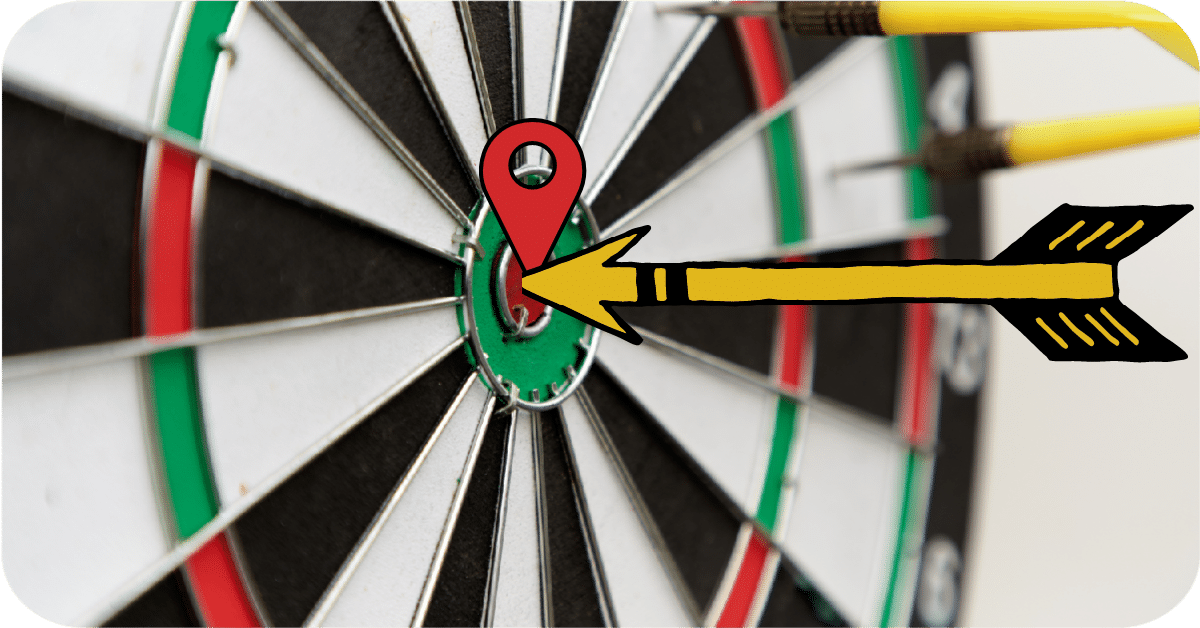
3. Prominence
The more competitors enter the market, the fiercer the local SEO game gets. But Google doesn’t just randomly decide who gets the top result. They use digital clues to figure out which businesses are the best in the biz.
Things like the number of five-star reviews you have (and how you respond to them) and who is talking about your business all factor in your digital reputation.
As you might expect, the better your reputation, the better local SEO will work for you.
How to Implement Local SEO for Your Business
We mentioned earlier that this process happens automatically behind the scenes. But that doesn’t mean you can’t improve your odds of local SEO success.
You can start by optimizing your listings on Google Business Profile and Apple Business Connect. Google has made no secret of the fact that the information in your GBP listing plays a huge role in how it determines relevance and prominence in searches.
Once your listing is optimized, interact with it regularly by updating posts, responding to reviews, and adding photos.
You should also be optimizing your website for local SEO. This means researching and using local keywords on pages and blog posts, including a separate page for each physical location you have.

Can I Benefit From Local SEO If I Don’t Have a Physical Location?
Absolutely! Local SEO is ideal for any business that serves a specific geographical area.
For example, if you’re a painter who works out of a home office but you’re only willing to drive within the tri-county area, local SEO can help you find customers within that range.
When you’re just starting out with local SEO, keep your goals small. Even if it’s possible for you to service the entire state, sticking with a single city will give you the biggest bang for your buck.
You can always grow from there.
Say Hello, and Let's Get To Work Together
Should I Give Up On Traditional SEO?
Please don’t!
In fact, there’s a huge benefit in using pages that are more informational in nature (i.e. organic SEO) to get users from all over the world onto your site.
That increase in traffic helps boost your local SEO, which helps get in front of even more prospective customers.
Can I Do Local SEO Myself Or Do I Need a Professional?
While you absolutely can learn the tricks of the trade and do it yourself, there’s a lot to be said for working with a digital marketing company who knows how to do local SEO.
For one, it takes a lot of time and experience to learn how the Google algorithm works—plus, it’s changing all the time, so the techniques that worked last year might not yield the same results in the future.
Second, it takes a lot of effort to maintain your local SEO results so they don’t start dipping over time. It’s one thing to write a few great blog posts and set up your Google Business Profile. But researching local keywords and making monthly GBP updates is a different story.
When you work with a digital marketing company, you’ll be standing on the shoulders of all their years of expertise and taking a proactive approach to your business.
Results From Your Own Backyard
While “Local SEO” is a term that relates to marketing, it’s not a “marketing term” to trick you into taking all of your budget.
In fact, if you have a business that operates within a specific geographic area, local SEO should be the primary focus of your digital marketing efforts.
At Clarity Creative Group, we speak fluent Google—whether you have a clear idea of the goals you want to achieve or need direction about what to do next, we have a plan for how to get you there.
Give us a call so we can talk.

